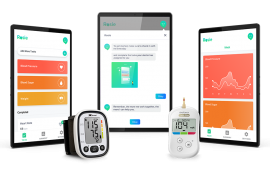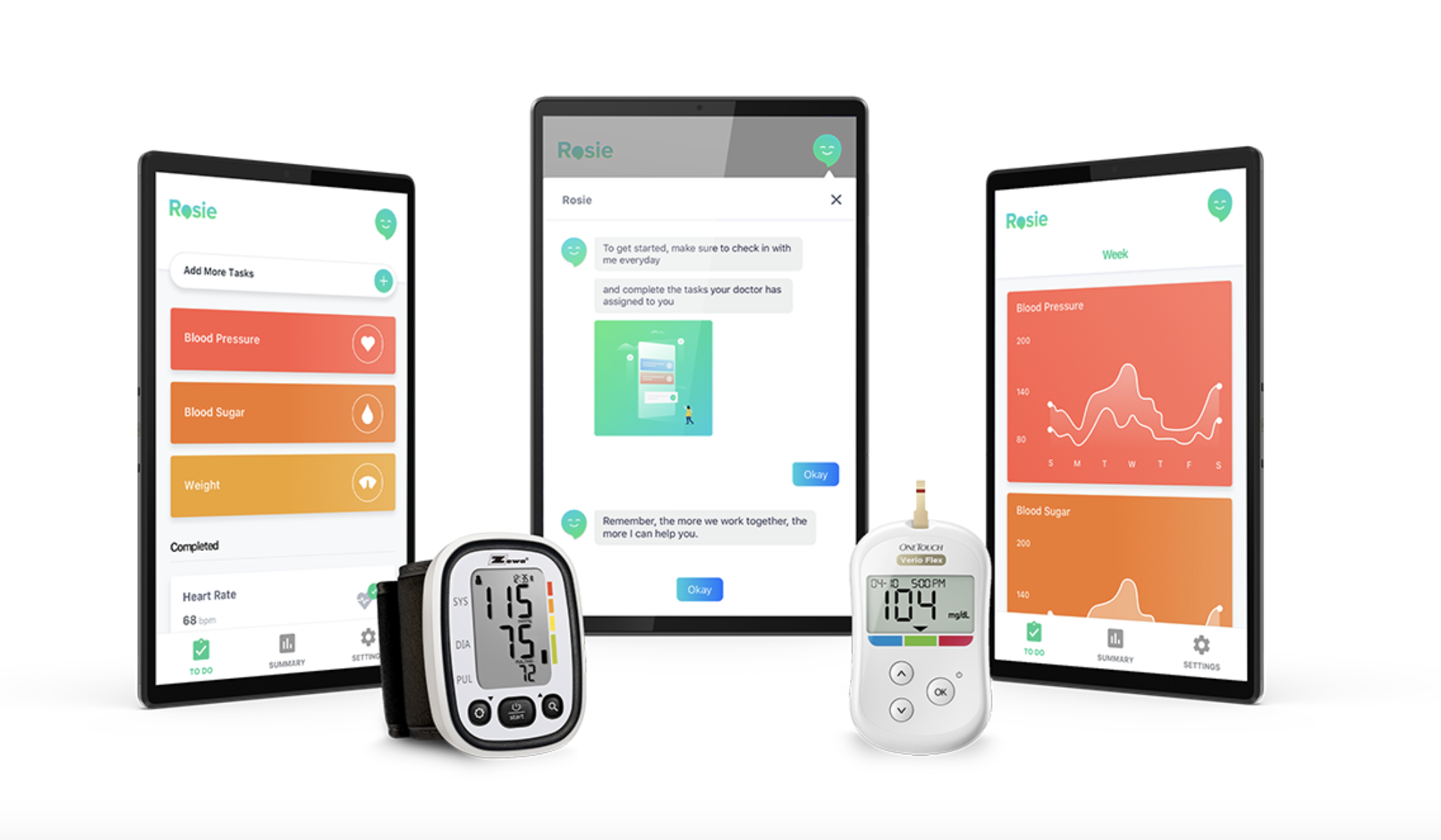AI & Behavior: The power of personalization in healthcare

The transition to remote care presented challenges for all involved. One question currently asked is whether patients can successfully alter their health related behaviors and follow procedures in the absence of in-person visits and follow ups. Artificial intelligence, and its ability to provide personalization, is here to ensure the answer is yes.
AI and the ability of machine learning systems to process large amounts of patient data (far quicker than doctors could) enables it to deliver the personalized care patients expect when they invest in remote care such as telehealth. Machine learning (a subset of AI) recognizes trends, patterns, and anomalies in data and recommends appropriate activities accordingly. Remarkably, this can be done on an individualized basis providing new methods of care to providers and healthcare systems.
What’s clear is that the pandemic has revealed how intertwined our lives are with AI, exposing a delicate codependence in which changes to our behavior change how AI works, and changes to how AI works change our behavior. – MIT Technology Review
AI systems trained to detect a user who frequently forgets to report having taken her medication for instance, can provide personalized reminders nudging her to do so. AI is able to give people guidance before they know they need it, and this kind of personalization is what keeps people on task.

Patients are more likely to engage with (and stick to) a behavior that aligns with their best interests. According to Agon Avdimetaj, Co Founder and CTO at Vianova Health: “Personalization leads to emotion which leads to habit formation.” In other words, people need a reason to continue performing an action and associating an emotion with said action enforces its importance.

The underlying method behind enforcing a behavior is the follow up. Given its remote nature, the follow up plays a huge role in the success of telehealth interventions. According to Massachusetts General Hospital, 79% of patients said scheduling a follow up visit via telehealth was more convenient than doing so in person. Vianova Health’s proprietary AI product is a follow up expert. “Vianova Health AI is doing everything — you’re not doing anything,” Avdimetaj told us. Reminders include an automated call. If the patient doesn’t answer, it will call the patient’s wife and then nurse, for example. “Following up, escalating the situation, making sure patients execute, and telling them how is crucial” he added.
Vianova Health AI highlights an opportunity to enable healthcare systems to build a more comprehensive way to understand patient needs and provide effective interventions earlier in the care continuum. The potential of AI in healthcare is massive and has made it easier for providers to maintain the quality of care they strive for, even remotely. While many worry about the power of automation, life changing things become possible when you bring together AI and healthcare professionals.
For more information about Vianova Health, visit their website.
Ready to explore how Fusemachines and AI can help your business? Click here
Want to learn more about Fusemachines? Click here


